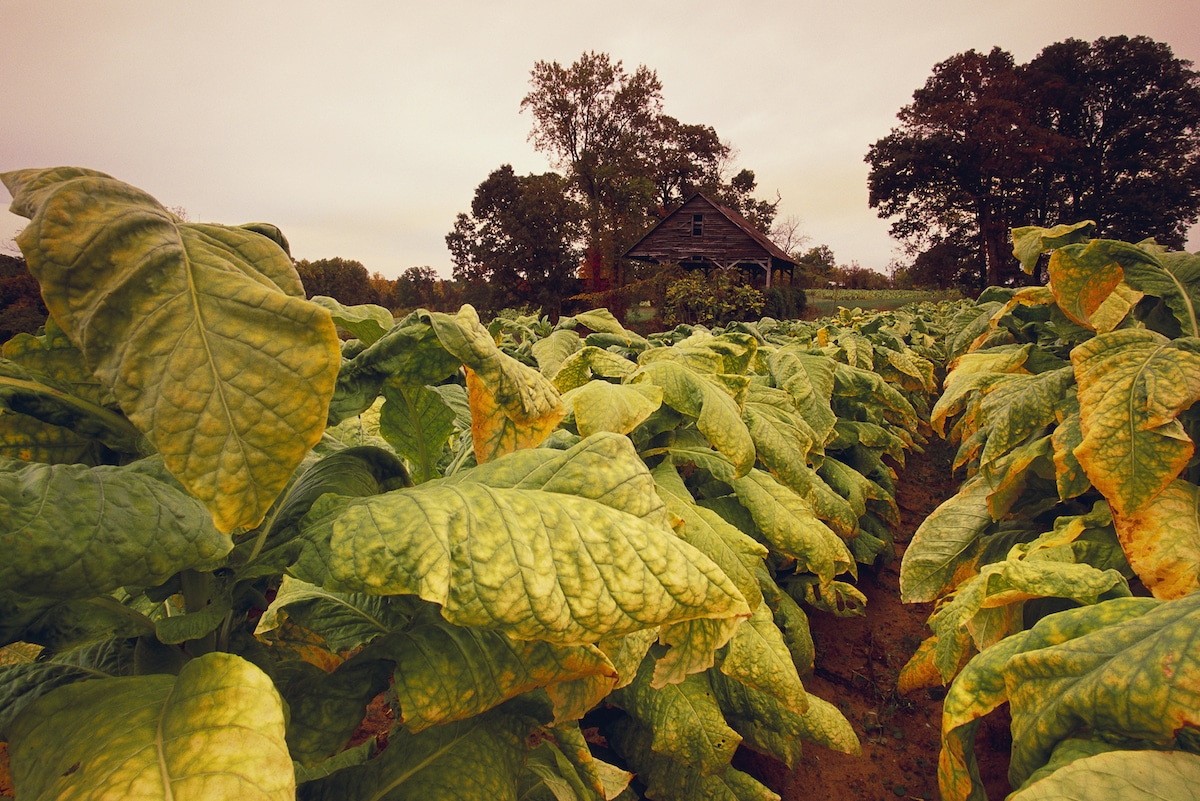Startup Looks to Use Tobacco Plants to Make Cultured Meat Less Costly

 Why you can trust us
Why you can trust us
Founded in 2005 as an Ohio-based environmental newspaper, EcoWatch is a digital platform dedicated to publishing quality, science-based content on environmental issues, causes, and solutions.
A new startup in Israel called BioBetter wants to use tobacco crops to make cultivated meats less expensive. The company plans to use tobacco plants as plant-based growth factors (GFs) required in cellular agriculture, which produces cultivated meat.
Cultivated meat is made from animal cells arranged in similar structures as animal tissues to produce real meat. Good Food Institute explains that these cells are grown in bioreactors, although VegNews notes that the cells are typically grown in an animal-derived medium. While cultivated meat does not require the slaughtering of animals, BioBetter hopes to use tobacco plants as growth factors to reduce the cost of cultivated meat and create an animal-free medium.
BioBetter has just obtained $10 million in series A funding for its technology to turn tobacco plants into bioreactors and scale up these animal-free growth factors in cellular agriculture.
“World population growth, combined with dwindling natural resources, [is] going to put incredible strain on meat supply — and the already fragile environment — in the coming decades,” BioBetter CEO Amit Yaari said in a statement. “Cultivated meat offers a promising solution to these problems and can ensure a more resilient supply chain with better economic and environmental returns.”
Cultivated meat can offer consumers real meat at a lower environmental cost. While more companies are producing cultured meat, the cost can still be prohibitive. The first cultivated meat product debuted in 2013. Made by Mark Post, the burger cost $325,000 to make. Today, animal-based growth factors can cost $50,000 to $500,000 per gram, but BetterBio’s tobacco plant GFs could cost as low as $1 per gram, making cultivated meat production much less expensive and creating products more accessible to consumers.
With its latest round of funding, BioBetter plans to expand its existing facility in Israel and scale up production in 2023 and has a goal of commercializing its animal-free GFs by 2024, according to BioBetter co-founder Dana Yarden.
“Closer to home, this venture will create a significant new source of income for local farmers. As cellular agriculture expands, we will dedicate some 500 acres here in the galilee of tobacco plantations to support the industry,” said Nisan Zeevi, director of Jerusalem Venture Partners (JVP) — which led the funding round — and vice president of Margalit Startup City Galil, an international food-tech startup center. “This also helps growers find new purpose in the burgeoning alternative protein scene following a reduction in smoking over the last decade that has left many tobacco fields idle and tobacco farmers suffering financial loss.”
Currently, cultured meat is only available for sale at restaurants in Singapore, but companies worldwide are preparing to scale up production as more countries, including the U.S., consider regulatory approval for cellular agriculture. Further innovations, like BioBetter’s animal-free GFs, could help bring down costs and environmental impact as companies prepare to scale up.
Subscribe to get exclusive updates in our daily newsletter!
By signing up, you agree to the Terms of Use and Privacy Policy & to receive electronic communications from EcoWatch Media Group, which may include marketing promotions, advertisements and sponsored content.

 233k
233k  41k
41k  Subscribe
Subscribe 




